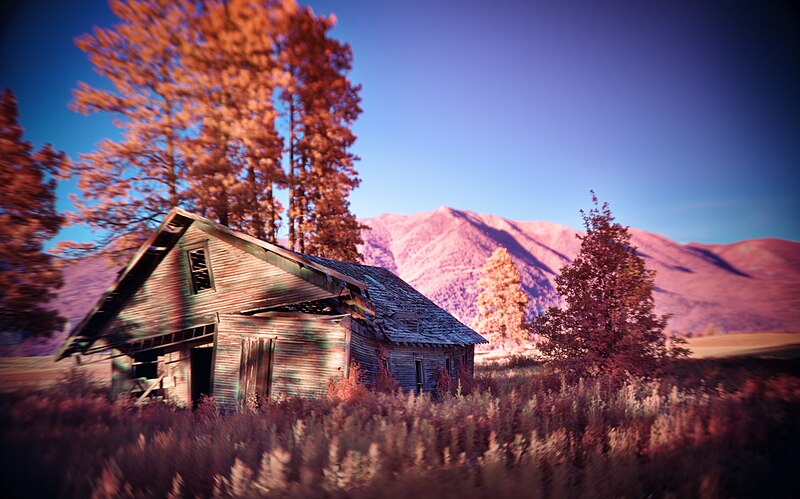sbs99
Senior Member
Is there such a thing sold in Singapore or
do you have to modify a digital camera on your own?
Defination of full spectrum:
http://en.wikipedia.org/wiki/Full-spectrum_photography

Image from Wikipedia
do you have to modify a digital camera on your own?
Defination of full spectrum:
http://en.wikipedia.org/wiki/Full-spectrum_photography

Image from Wikipedia

